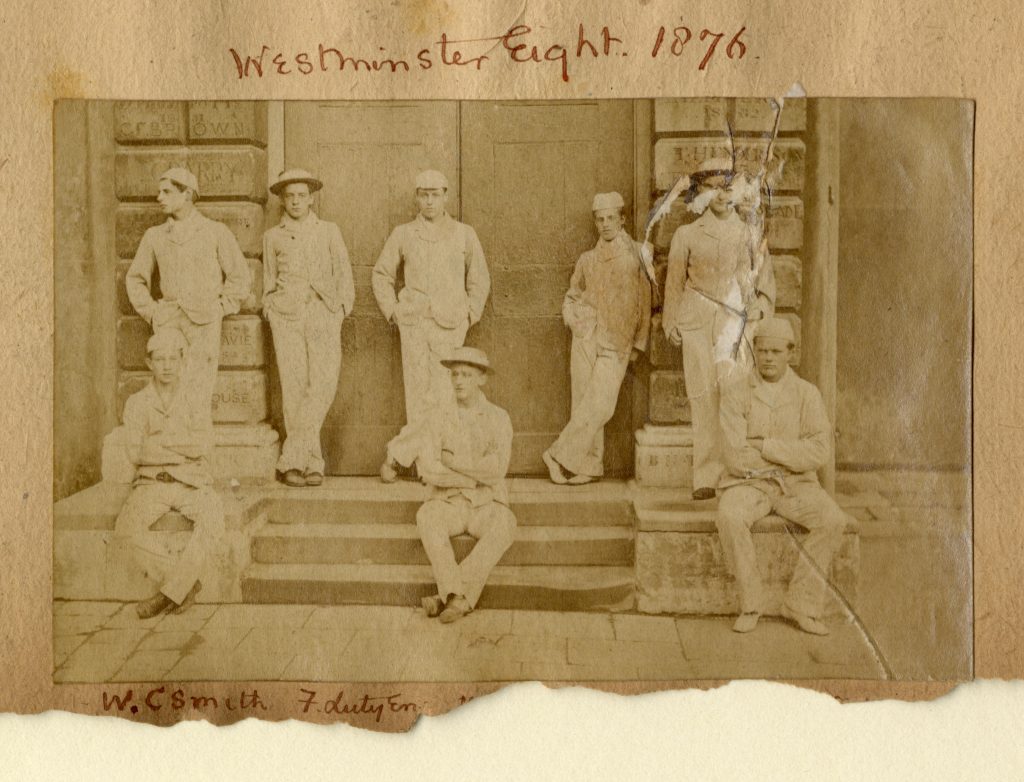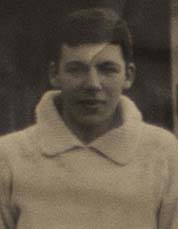John Herbert Williams
John Herbert Williams was in his late 50s when the First World War broke out. He had a well-established career as a Barrister and Judge, he was appointed a reporter on the staff of the Law Reports in 1911, and was one of the editors of ‘Smith’s Leading Cases,’ brought out several editions of ‘Goodeve’s Personal Property’ and collaborated in a book on ‘The Law of Ejectment.’
Williams had been successful at school, joining Grant’s in 1869 and passing the Challenge in 1872. He remained a Queen’s Scholar at the school until 1876, when he was elected to Trinity College, Cambridge with the prestigious Triplett Scholarship. He was athletic at the school and rowed in the 1st VIII and played for the football 1st XI
Anxious to take a share in war service, he applied for and received a commission and went to France to take up the appointment. He was then 60 years of age. Soon after arriving in France he was taken ill and invalided home. He died in the war hospital at Reading.

